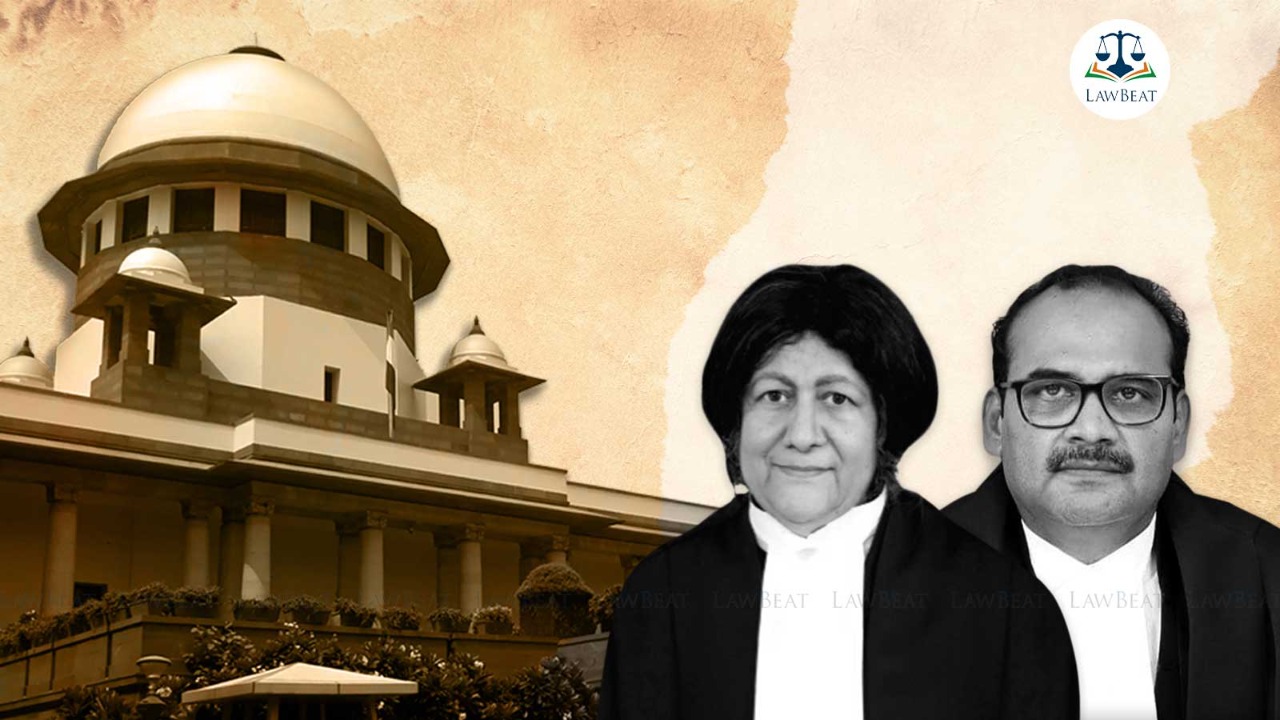CIRP can be initiated against Corporate Guarantor without proceeding against Principal Borrower, reiterates Supreme Court

Top Court refused to accept the Appellant-Promotor's contention that he does not fall within the definition of ‘Corporate Guarantor’ in Section 5(5A) of the IBC, which reads “‘corporate guarantor’ means a corporate person who is the surety in a contract of guarantee to a corporate debtor.”
The Supreme Court on Tuesday reiterated that the Corporate Insolvency Resolution Process (CIRP) can be initiated against the Corporate Guarantor without proceeding against the principal borrower.
To hold the abovementioned, Court relied on its previous decision in Laxmi Pat Surana vs. Union Bank of India and Another, wherein it was held that the liability of the guarantor is co-extensive with that of the Principal Borrower.
In the instant case, the promoter, shareholder and suspended/ discharged director of Maharaja Theme Parks and Resorts, approached the Supreme Court.
It was the Promotor's case that the Adjudicating Authority had wrongly admitted the application filed by the Respondent Bank under Section 7 of the Insolvency and Bankruptcy Code (IBC) for initiation of the CIRP against the Corporate Debtor, Maharaja Theme Parks and Resorts Private Limited.
This order was challenged before NCLAT which had dismissed the same.
The Respondent Bank had advanced credit facilities to three entities, namely, Sri Maharaja Refineries, a Partnership Firm; Sri Maharaja Industries, a proprietary concern of K. Paramasivam; and Sri Maharaja Enterprises, a proprietary concern of P. Sathiyamoorth.
Maharaja Theme Parks and Resorts stood guarantor for the loans availed by all three borrowers and when the borrowers failed to repay the debts payable by them, the Respondent Bank filed an application for initiation of CIRP against Maharaja Theme Parks and Resorts.
After hearing the arguments, a division bench of Justices Indira Banerjee and JK Maheshwari noted,
"Under Section 7 of the IBC, CIRP can be initiated against a Corporate entity who has given a guarantee to secure the dues of a non-corporate entity as a financial debt accrues to the corporate person, in respect of the guarantee given by it, once the borrower commits default. The guarantor is then, the Corporate Debtor."
Thus, while stating that it was open to the Financial Creditor to proceed against the guarantor without first suing the Principal Borrower, Court held,
"We find no ground to interfere with the concurrent findings of the Adjudicating Authority (NCLT) and the Appellate Authority (NCLAT)."
Case Title: K. PARAMASIVAM vs. THE KARUR VYSYA BANK LTD. & ANR.
